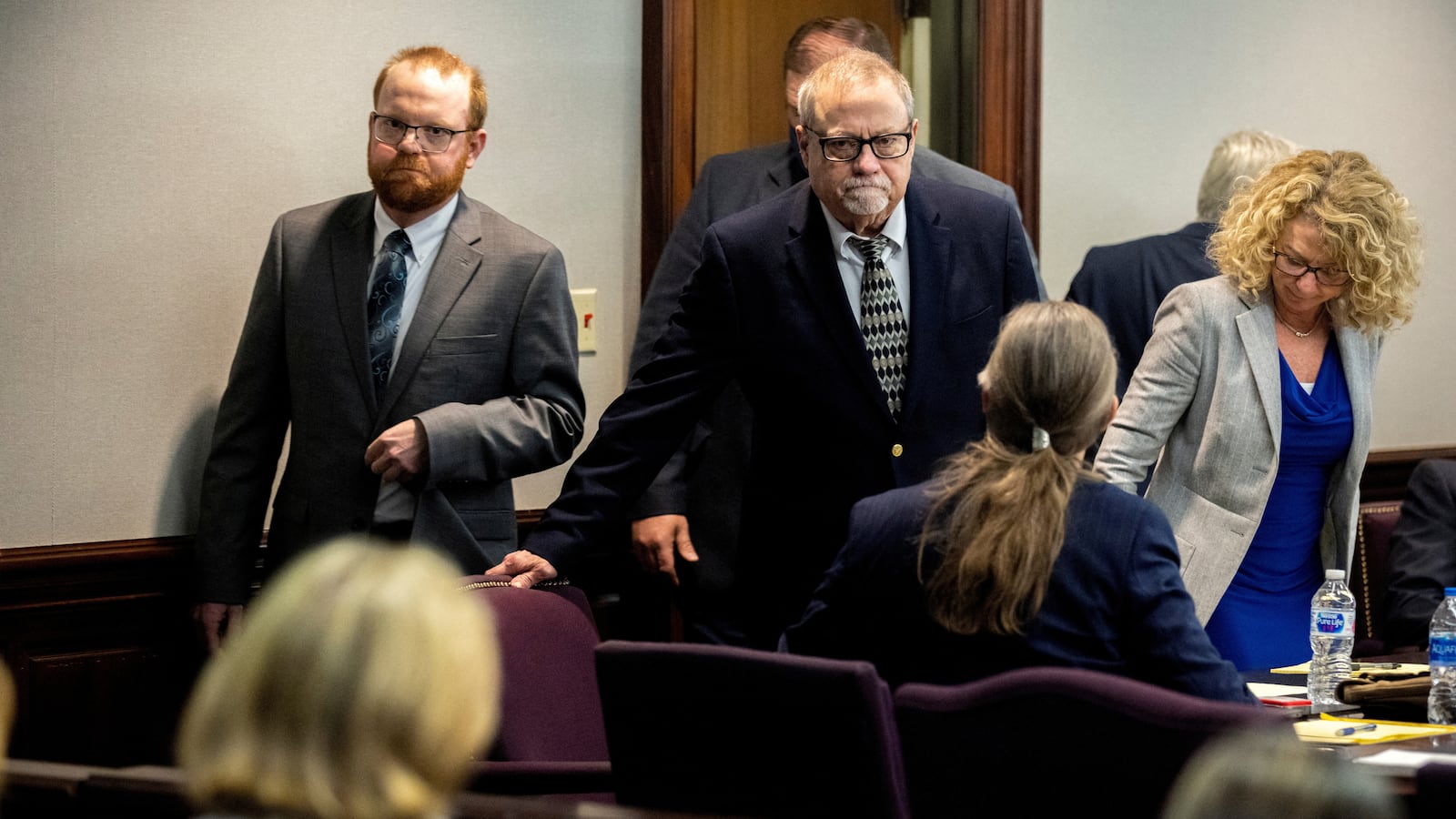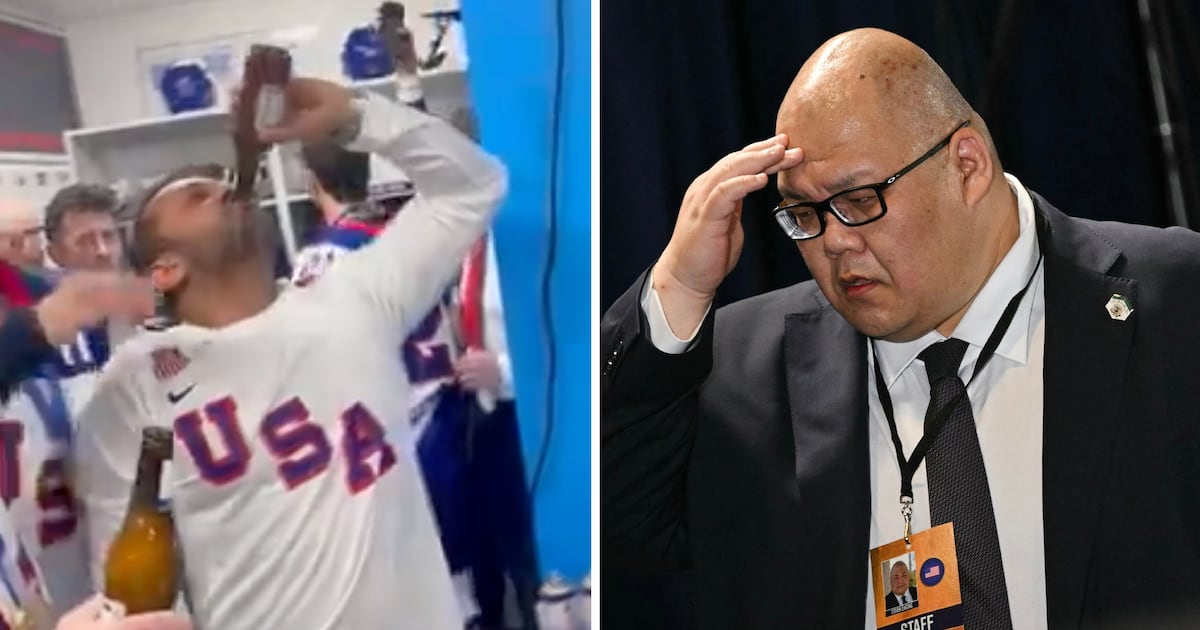The three white men who murdered Ahmaud Arbery, a 25-year-old Black man, in the streets of Satilla Shores near Brunswick, Georgia, two years ago were found guilty in a federal hate-crime trial on Tuesday.
The federal case against Travis McMichael, his father Gregory, and their neighbor William “Roddie” Bryan, centered on what drove them to commit the murder—a crime they were previously convicted of in state court. Specifically, federal prosecutors sought to prove they were motivated by racial animus when they used pick-up trucks to chase, cut off, and gun down Arbery on Feb. 23, 2020.
Already looking at life in prison for felony murder at the state level, the men faced federal charges of interfering with Arbery’s right to use a public street because of his race, as well as attempted kidnapping. The McMichaels were also charged with firearm offenses related to the fatal shooting; Travis McMichael fired the shots that killed Arbery.
The verdict—all three men guilty on all counts—was reached in less than four hours, and left no doubt that this was no mere cold-blooded murder, but an act fueled by racism in the Deep South. It marked one of the final chapters in a horrific saga that began with violent vigilantism in the earliest days of the coronavirus pandemic and appeared at one point like it might be swept under the rug.
Multiple local prosecutors—one of whom had previously employed Greg McMichael, an ex-cop, as an investigator—passed off the investigation, including an ex-district attorney now facing her own indictment. Meanwhile, the frenzied initial weeks of pandemic lockdown may have limited media exposure for the case, which emerged months before George Floyd was murdered by police in Minneapolis, spurring national protests.
After a state trial that made little mention of race, the federal prosecution produced voluminous evidence of vile racism by the men, including repeated use of the n-word in the weeks before the shooting.
Federal prosecutors were previously set to ink a plea deal with the McMichaels on the hate-crime charges. That would have guaranteed them lengthy prison bids in addition to their state sentences, which could theoretically be overturned on appeal. But the Arbery family objected, apparently convinced federal lockup represented too generous a site of detention for the murderers, who would otherwise reside in state prison.
In the end, a federal jury had no problem concluding this case was exactly what it looked like: lethal racism. Still, Wanda Cooper-Jones, Arbery’s mother, ripped federal prosecutors and the Department of Justice (DOJ) once again on Tuesday for trying to reach plea deals in the case.
“What we got today, we wouldn’t have gotten today if it wasn’t for the fight that the family put up,” she told reporters outside the courthouse. “What the DOJ did today, they was made to do today.”
“I told the DOJ that yes, they were prosecutors, but one thing they didn’t have, they didn’t have a son that was lying in a cold grave,” she added.






